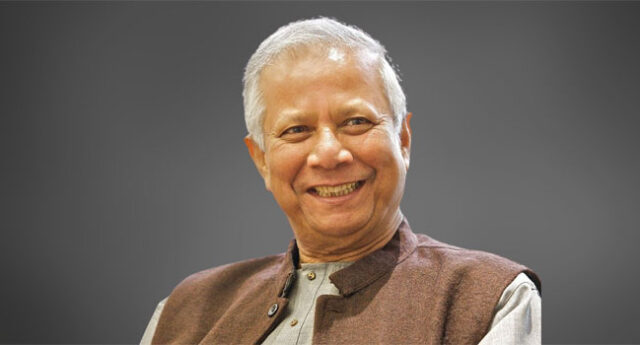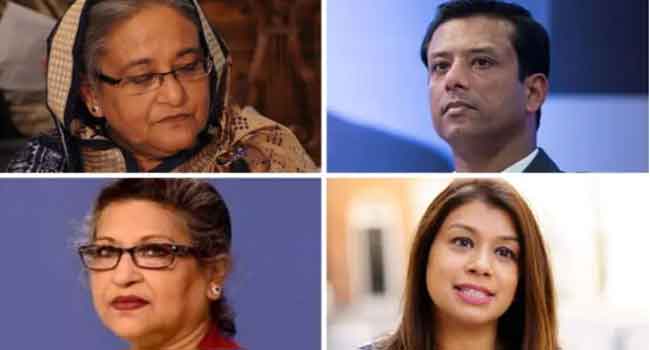The interim government wants to work towards resolving the long-standing Teesta water-sharing agreement dispute with India, said Chief Adviser Dr. Muhammad Yunus. He mentioned that delaying this agreement year after year is benefiting neither country.
Dr. Yunus emphasized that the Teesta water-sharing issue must be solved in accordance with international laws. He also reiterated that downstream countries like Bangladesh have clear rights that need to be upheld.
In an interview with Indian news agency PTI at his official residence in Dhaka, Dr. Yunus shared these thoughts. The interview was published on PTI’s website on Friday.
Dr. Yunus said, “Sitting idle on this issue (water-sharing) is achieving nothing. It would be helpful to know how much water we’ll get. Even if I’m not satisfied with the amount, that’s fine, but the matter needs to be resolved.”
When asked whether the interim government would pressure India to settle the Teesta water-sharing agreement quickly, Dr. Yunus replied, “Push is a strong word; I’m not saying that. However, we will engage in discussions. We need to sit down together and solve this problem.”
In 2011, during the tenure of India’s then-Prime Minister Manmohan Singh, the Teesta water-sharing agreement was nearly finalized. However, the agreement fell through as West Bengal’s Chief Minister Mamata Banerjee refused to endorse it, claiming her state was facing its own water shortages.
Dr. Yunus said, “This is not a new issue; it’s a very old one. We’ve discussed it many times, even during Pakistan’s rule. When we all wanted to finalize the agreement, including the Indian government, the West Bengal state government wasn’t ready. We need to solve this.”
Reaffirming Bangladesh’s rights as a downstream country, Dr. Yunus added, “We must resolve this in accordance with international rules. Downstream countries have certain rights, and we seek to uphold those rights.”
Source: PTI, India Times, India TV









